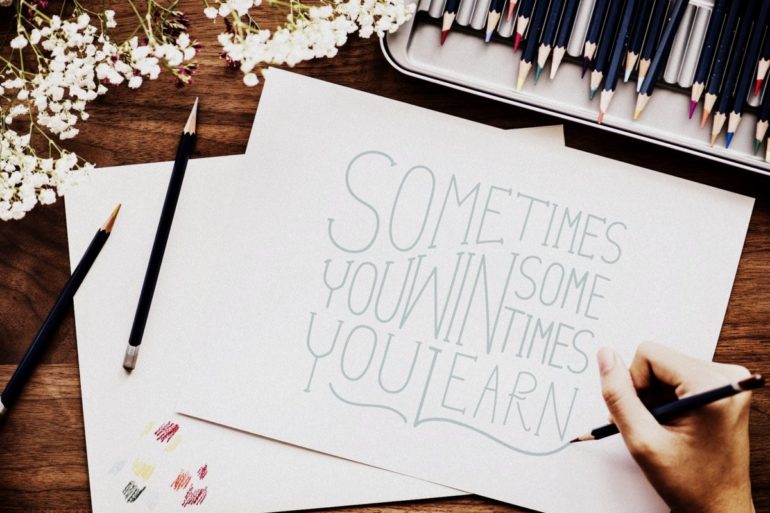For centuries, scientists have studied how we go about the difficult task of choosing A or B, left or right, North or South - and how both instinct and intellect figure into the process.
The paradox of happiness is that chasing it may actually make us less happy, a Stanford researcher says.
I couldn't motivate myself to do anything important this morning, which is a rare thing for me. I started to doubt myself, and wonder whether anything I do is worthwhile.
You know what it's like: No focus, lots of stress, lots of mental exhaustion without really getting anything done.
How does someone else’s success mean anything bad for you?
While some psychologists still argue that people perform better when they do something because they want to, research suggests we shouldn't even make that distinction.
A study has found that you are more likely to perform well if you do not think too hard, and instead trust your instincts.
People who watch funny videos on the internet at work aren't necessarily wasting time.
People who consider themselves visual learners, as opposed to verbal learners, have a tendency to convert linguistically presented information into a visual mental representation.
Happy individuals are predisposed to seek out and undertake new goals in life and this reinforces positive emotions, say researchers who examined the connections between desirable characteristics, life successes and well-being of over 275,000 people.
It's not just in movies where nerds get their revenge.
When faced with a difficult decision, we try to come up with the best choice by carefully considering all of the options, maybe even resorting to lists and lots of sleepless nights.
Some argue that happiness is not having what you want, but wanting what you have.
The prolific life has been characterized by abundant inventiveness and limitless creativity, and has been enshrouded in a veil of mystery - the sources of artistic inventiveness are too often viewed as out-of-reach for the average person.
Most self-help books on the subject offer tips on how to maximize one’s bliss, but one study suggests that moderate happiness may be preferable to full-fledged elation.
What if you currently live a very comfortable lifestyle and you have a lot of assets? How can you justify running off to do what truly makes you happy if it might put all your current assets at risk?
Psychological scientists have found that the size of different parts of people's brains correspond to their personalities; for example, conscientious people tend to have a bigger lateral prefrontal cortex, a region of the brain involved in planning and controlling behavior.
I don’t know about you, but I want more than just security. I want to live, not simply survive.
Everyone is essentially self-employed -- and that even if you're an employee, you should think of yourself as the President of your own personal services corporation.
Sometimes work can be a drag. You get caught up in trying to be more productive, and suddenly your life turns into a series of to-do lists.
If you want to make a difference in the world, the single most important thing you can do is consciously and deliberately choose to do work that you are passionate about.
Research has highlighted the fact that we have many blind spots when it comes to understanding our patterns of thinking, feeling and behaving.
Creativity is often made out to be a nebulous, messy, complicated, difficult thing, and it can be. But it doesn't have to be.
When dreaming is believing: Dreams affect people's judgment, behavior
Whether it's sports, poker or the high-stakes world of business, there are those who always find a way to win when there's money on the table.
Research shows that how people view their abilities in the workplace impacts how they respond to success.
Scientists have identified for the first time a particular gene's link to optimism, self-esteem and "mastery," the belief that one has control over one's own life — three critical psychological resources for coping well with stress and depression.
People are better able to exercise self-control when they choose goal-pursuit strategies that fit with their promotion or prevention focus.
Whether you are a habitual list maker, or you prefer to keep your tasks in your head, everyone pursues their goals in this ever-changing, chaotic environment.
“From now on, I’ll connect the dots my own way.” – Bill Watterson Goodness knows I’ve put in my share of...



























